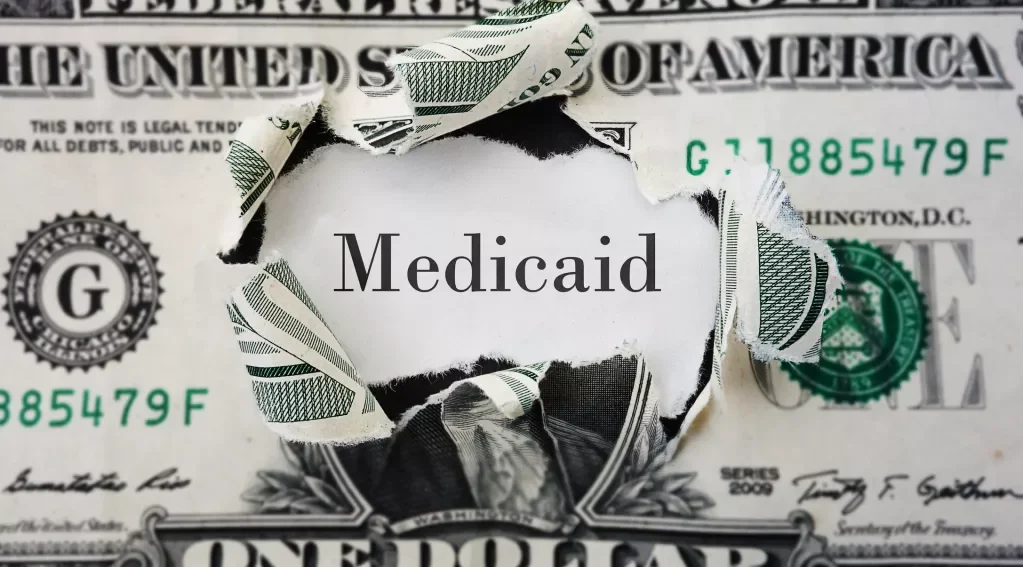
Is California’s Healthcare Expansion a Boon or a Burden?
The sustainability of California's Medi-Cal program hangs in the balance as the state grapples with mounting costs associated with healthcare for undocumented immigrants. This issue came to a head recently with Governor Gavin Newsom's signature on a $2.8 billion bailout aimed at addressing significant budget deficits in Medi-Cal, which is California's Medicaid program. But how did we get to this financial crossroads, and what does it mean for residents?
California has become the first state to offer comprehensive Medicaid benefits to all low-income adults, regardless of their immigration status. While many applaud this move as a step towards health equity, the expansion has resulted in costs soaring above projections, leaving the program facing a staggering $6.2 billion deficit. As of January 2024, Medi-Cal is set to cover not just children and seniors, but all low-income undocumented adults, putting California's fiscal responsibility under tight scrutiny.
The program's expansion has sparked fierce debate among residents and politicians alike. Concerns echoed through state legislative chambers as officials highlighted that the cost of providing healthcare to undocumented immigrants could ultimately fall back on California taxpayers. "When Medi-Cal blows past its budget, it’s not the politicians who suffer; it’s everyday Californians," cautioned California State Assembly Republican Leader James Gallagher in a recent op-ed.
As it stands, the state's budget is not only struggling with the unexpected influx of new enrollees but also with rising pharmaceutical costs and an aging population. Reports indicate that Medi-Cal's expenditure has increased by over 7.5% compared to last year’s budget, effectively straining the state's finances even further. Despite this, polls reveal that a majority of Californians support the expansion of healthcare to undocumented immigrants—showing a divide between public sentiment and fiscal realities.
California's Democratic leadership maintains that the focus should remain on improving the program rather than diminishing its scope. Meanwhile, Republicans call for audits and cost assessments, aiming to clarify the impacts of extending benefits to undocumented individuals. State Senate Minority Leader Brian Jones appealed for transparency on budget allocations, stating, "We demand a full cost analysis so the public knows exactly where their tax dollars are going."
The political landscape is increasingly polarized, with Democrats defending the program against GOP attacks that claim it prioritizes immigrants over citizens. Recent surveys indicate a significant divide: 77% of Democrats support the program, while only 58% of Republicans agree it should have been expanded.
The implications of this healthcare initiative extend beyond California's borders as it draws federal scrutiny amid wider budget cuts proposed at the national level. Critics argue that federal Medicaid cuts could result in drastic changes in state healthcare policies, potentially leading to reduced access and increased financial burdens on residents.
As California faces this healthcare conundrum, the initiative embodies the conflicting objectives of promoting health equity while grappling with fiscal responsibility. Will the state continue to expand coverage despite the costs, or will fiscal constraints force a reconsideration of its healthcare policies?
Given the stakes involved, it's essential for residents and policymakers to discuss the implications of these healthcare decisions. How do you think California should balance its commitment to universal healthcare with the undeniable fiscal realities that lie ahead? We welcome your thoughts and insights!